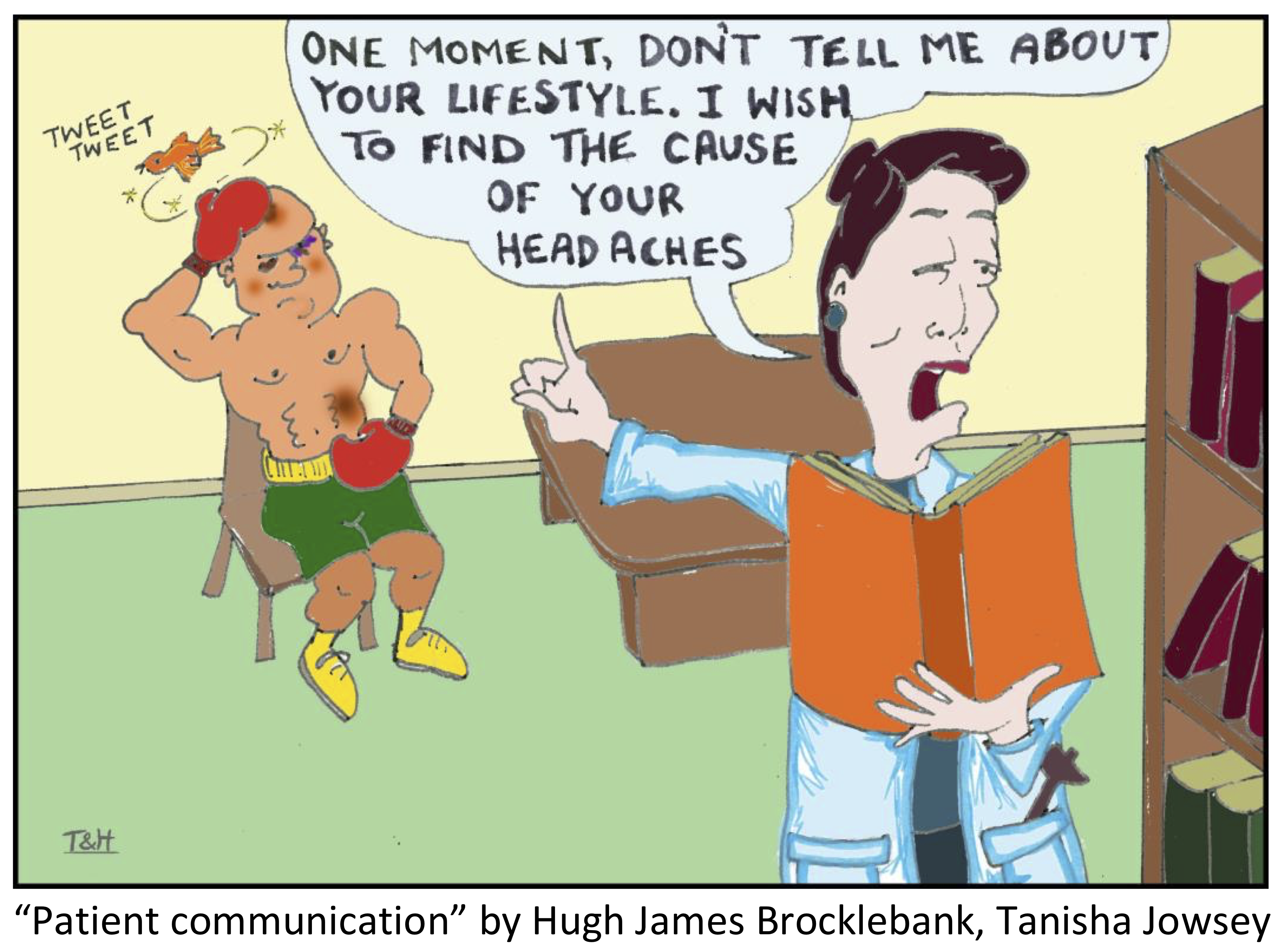Training the trainers: a survey of simulation fellowship graduates
DOI :
https://doi.org/10.36834/cmej.36865Mots-clés :
Simulation, Fellowship Experience, Medical Education, Simulation FellowshipRésumé
Background: Coupled with the expansion of simulation has been the development and growth of medical simulation fellowships. These non-accredited fellowships do not have a standardized curriculum and there are currently no studies investigating the simulation fellowship experience. The purpose of this study was to explore the simulation fellowship experience of graduates throughout North America and how it prepared them for their post-fellowship career.
Methods: A web-based survey was developed by Emergency Medicine attending physicians both of whom completed one-year fellowships in medical simulation. Prior to distribution, the survey was reviewed and tested by three simulation fellowship graduates and a PhD researcher. Feedback was integrated into the survey prior to distribution. The survey consisted of a maximum of 29 multiple choice questions including two step-logic questions and two open response questions. The survey was distributed to simulation fellowship directors in multiple disciplines and the directors were asked to forward the survey to graduates. Additionally, the Society for Academic Emergency Medicine Simulation Academy list-serve was utilized for distribution of the survey.
Results: The survey had 35 responses. The majority of respondents completed fellowship within the last two years (66%, 23/35). Fellowship graduates strongly agreed or agreed that their fellowship adequately prepared them for their post-fellowship simulation career (88%). Graduates report that research design/reporting (53%) and administration (18%) were areas of their fellowship curriculum that needed the most improvement.
Conclusion: The majority of simulation fellowship graduates agreed that their fellowship experience adequately prepared them for their post-fellowship simulation career. Graduates also felt that training in research and administration are areas that could be improved.
Téléchargements
Téléchargements
Fichiers supplémentaires
Publié-e
Comment citer
Numéro
Rubrique
Licence
La soumission d’un manuscrit original à la revue constitue une indication qu’il s’agit d’un travail original, qu’il n’a jamais été publié et qu’il n’est pas envisagé pour publication dans une autre revue. S’il est accepté, il sera publié en ligne et ne pourra l’être ailleurs sous la même forme, à des fins commerciales, dans quelque langue que ce soit, sans l’accord de l’éditeur.
La publication d’une recherche scientifique a pour but la diffusion de connaissances et, sous un régime sans but lucratif, ne profite financièrement ni à l’éditeur ni à l’auteur.
Les auteurs qui publient dans la Revue canadienne d’éducation médicale acceptent de publier leurs articles sous la licence Creative Commons Paternité - Pas d’utilisation commerciale, Pas de modification 4.0 Canada. Cette licence permet à quiconque de télécharger et de partager l’article à des fins non commerciales, à condition d’en attribuer le crédit aux auteurs. Pour plus de détails sur les droits que les auteurs accordent aux utilisateurs de leur travail, veuillez consulter le résumé de la licence et la licence complète.











